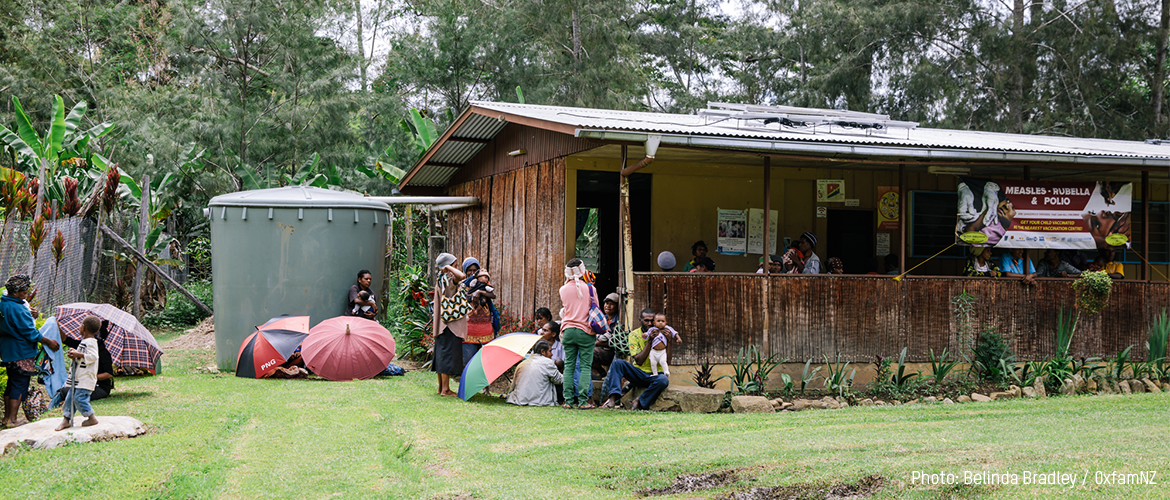Hospitals and Palestinians in Gaza, one of the most densely populated places on the planet, are bracing for the Coronavirus pandemic. Only three to four hours of electricity per day, as entry of fuel has been restricted by Israel, has forced Gaza’s single electricity plant to shut down, compounding the risk of infection for two million Palestinians, Oxfam warned today.
At the same time, the blockaded strip, now under complete lockdown, is experiencing continuous bombardment from Israeli forces and likely to see an exponential increase in virus transmission.
“The gravity of the pandemic finally making its way into communities in Gaza cannot be underestimated. There are only 97 intensive care unit beds and ventilators in Gaza. The lack of fuel for back-up generators means hospitals aren’t able to effectively operate intensive care units and properly treat COVID-19 and other patients,” said Shane Stevenson, Oxfam’s Country Director in the Occupied Palestinian Territory and Israel.
The first cases of COVID-19 outside of quarantine centres were announced earlier this week. Overcrowding in the sealed off coastal enclave, where 5,000 people live per square kilometre, makes physical distancing impossible and rapid transmission a certainty. This puts more people at risk, especially those with pre-existing conditions.
“People’s access to clean water has already dropped from about 80 litres to 20 litres a day. This will directly affect people’s ability to protect themselves from the virus. If no more fuel is allowed in, and with the power plant no longer operating, the supply of drinking water through desalination plants could be reduced by 80%. People are forced to choose between hygiene and food,” added Stevenson.
The lockdown is pushing more of Gaza’s already extremely vulnerable families into poverty. Families are running out of food, and with the electricity shortages, they can no longer store in refrigerators. With power cuts, private water vendors are also overwhelmed with demand at a time when hygiene is crucial to keep people from contracting the virus.
Oxfam is already responding to the pandemic in Gaza and assessing new needs; providing clean water and sanitation to 270,000 people, as well as food-vouchers to help families have enough to eat. The lockdown has suspended some activities, putting more lives at risk.
“Israeli authorities must allow fuel into Gaza, so its sole electricity plant can power hospitals again so they can treat patients, and for families to access clean water to slow the spread of the virus”, added Stevenson.
Notes to the editor
- As of Thursday 27th August, there were 40 confirmed cased of COVID-19 outside of quarantine centres in Gaza, including in the densely populated Maghazi refugee camp.
- More 2,200 people (arriving into Gaza and going directly into quarantine for 21 days) are in 16 quarantine centres and 178 people are in home quarantine.
- Latest information about COVID-19 cases in Gaza: WHO, OCHA and Ministry of Health in Gaza
- Oxfam spokespeople based in Gaza are available for interviews.
- A video from our staff in Gaza: https://twitter.com/Oxfam/status/1298662001447665665









